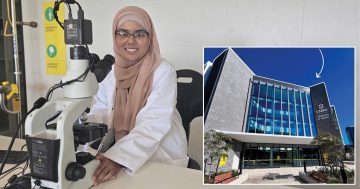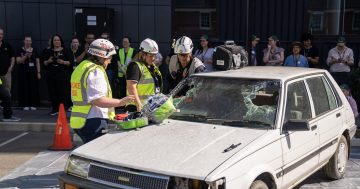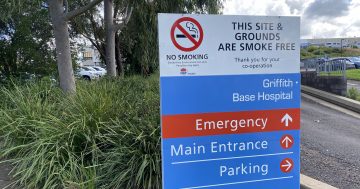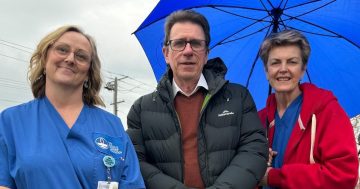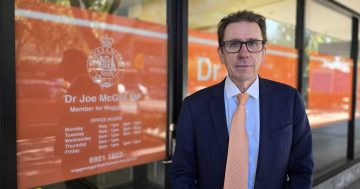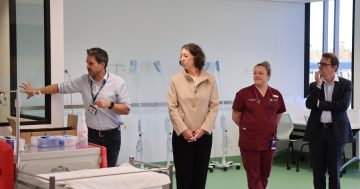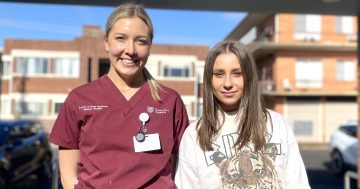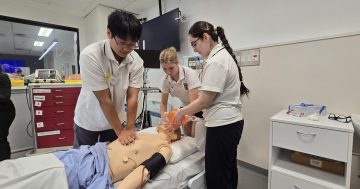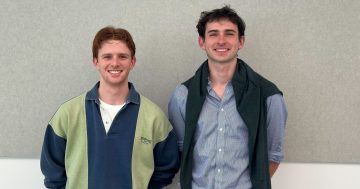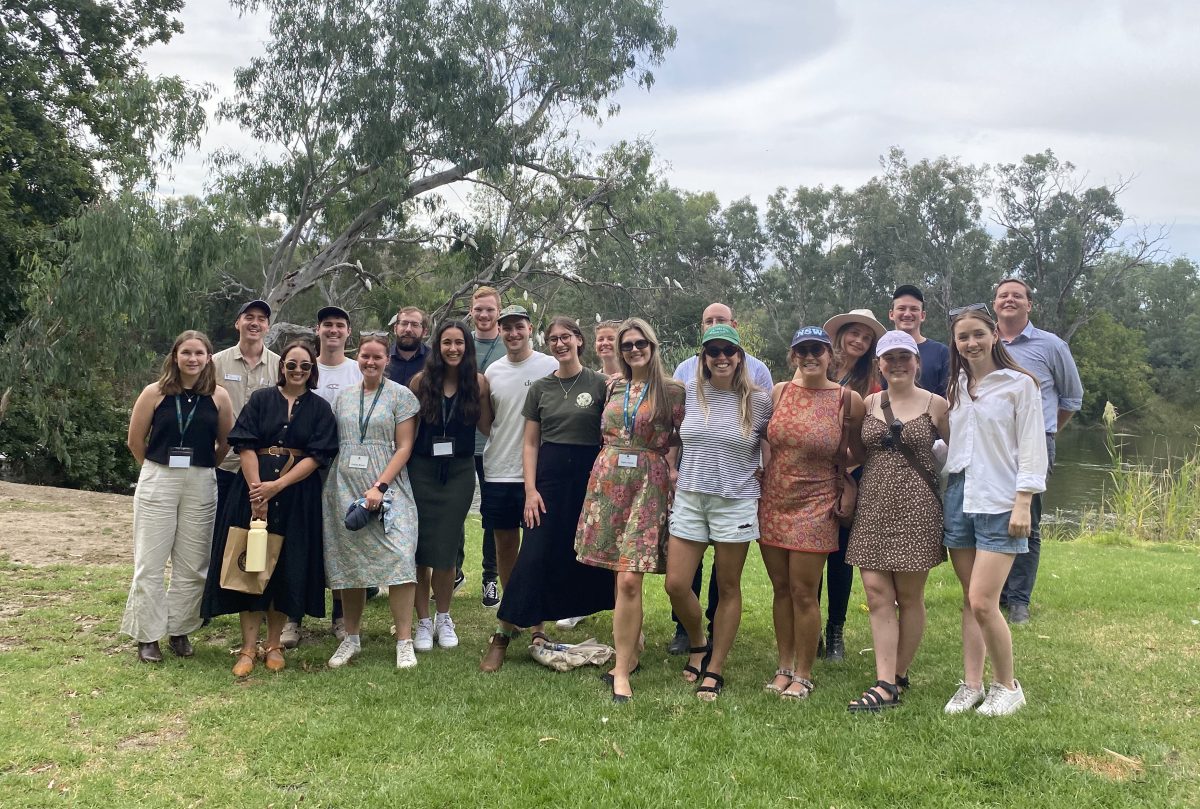
RDN cadets visited the Riverina for the inaugural ‘Cadet Weekend’. Photo: Supplied.
With the shortage of doctors in the regions continuing to bite, the Rural Doctors Network (RDN) is getting on the front foot and has launched a new initiative in the Riverina.
Last weekend, a group of more than 30 rural medical cadets visited health facilities and hospitals in Albury and Wagga Wagga and got a chance to explore the region and get a feel for what it has to offer.
RDN cadet and medical student from the Australian National University, Taylor Glover said it was great to be part of the inaugural ‘Cadet Weekend’.
“It gave us a great feel for life and work in these rural areas and how our life could look next year … as well as invaluable connections,” Taylor said.
“Highly recommend!”
The cadets are part of the Rural Resident Medical Officer Cadetship and Indigenous Cadetship program that financially supports medical students interested in working outside metro areas and committing to completing two of the first three years of their hospital training in the regions.
The shortage of doctors in remote, rural and regional Australian communities is reaching a crisis point.
Around 3000 overseas‐trained doctors are joining the workforce to make up the shortfall each year, but ultimately three-quarters of them will move to practice in metropolitan areas.
When it comes to general practitioners, the situation is becoming dire, with a generation of doctors aging out of the workforce.
The program, run by RDN on behalf of NSW Health aims to invest in Australian‐trained graduates who will pursue regional careers in hospitals and as general practitioners and specialists.
While in the Riverina the group heard from guest speakers and there were opportunities to spend time with medical staff interns to get a genuine feel for the ups and downs of rural medicine.
In Wagga, the cadets were welcomed on country and took part in a cultural experience.
“A highlight of the trip for the students was spending time with proud Wiradjuri man, Mark Saddler,” said RDN Future Workforce Program Lead Eleanor Knight.
“[He] shared his knowledge and passion about Wiradjuri people and culture, and how to be an ally to Aboriginal people and communities.”
Elanor explained that the aim of the weekend tour was to take students beyond the university campus and immerse them in a regional environment where they could get a feel for what country life had to offer them.
“Throughout the weekend, the students developed friendships with other cadets and future colleagues, built connections with rural doctors and training providers, and spent time exploring local attractions,” Eleanor said.
Adam Wilson is an Indigenous cadet from the University of Newcastle and said it was great to experience both the hospital environment and the regional lifestyle.
“The speakers we heard provide a roadmap for what life can be like at their site,” Adam said.
“Not only the work aspect, but the quality of the community and the amazing things that can be done in our free time.”







